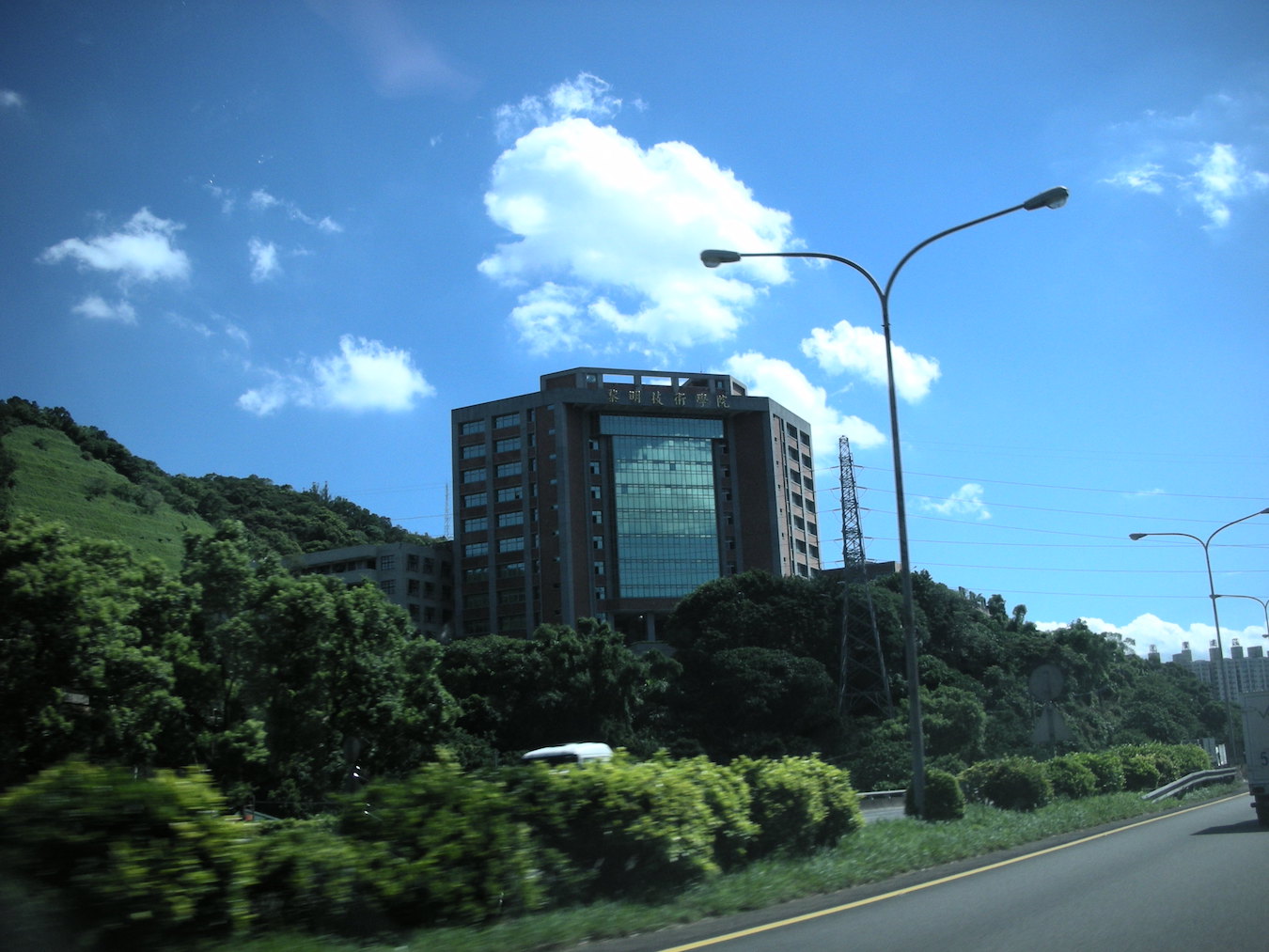by Brian Hioe
語言:
English
Photo Credit: Padai/WikiCommons/CC BY-SA 4.0
THE DEATH OF a twenty-year-old Vietnamese intern in a factory in New Taipei in May should raise questions, particularly in light of the pattern in past years of students from mostly Southeast Asian and African countries being forced to work in factories as part of what are billed as “work study” programs or “internships.”
The intern in question, whose surname was Vy, died after sustaining a fall and being crushed by a two-meter trolley full of baked goods that she was pushing, causing severe head injuries. Although Vy was rushed to the Taipei Hospital in Xinzhuang, she had no vital signs by the time that first responders arrived, and she was pronounced dead at the hospital.
Vy, who was a college student, was studying at the Lee-Ming Institute of Technology. The Lee-Ming Institute of Technology is located in New Taipei’s Taishan district. To this extent, Vy was studying in the Department of Food and Beverage Management.
Though authorities have declined to name the company where the fatal accident took place, the factory where Vy was working is under investigation by the New Taipei Labor Affairs Department. The fourth floor of the factory was closed for an investigation.
The factory will be required to compensate Vy’s family, otherwise face fines between 20,000 NT to 1 million NT. Likewise, if Vy was found to have not been provided with proper protective equipment, it will be fined between 30,000 NT and 300,000 NT.
Members of Vy’s family later arrived in Taiwan to carry out funeral arrangements.
 Photo credit: tianmu peter/WikiCommons/CC BY 3.0
Photo credit: tianmu peter/WikiCommons/CC BY 3.0
The incident should raise questions about when international students studying in Taiwan are subject to dangerous conditions as part of what are framed as internships, but which sometimes are cases of schools conscripting students to work in factories. There have been repeated incidents in this vein in past years.
In January 2022, an investigative report from The Reporter found that Ugandan students at the Chung Chou University of Science and Technology were forced to work in factories. This occurred despite that students were originally promised scholarships and paid internships to study in Taiwan, just that this later turned out to take the form of factory work. Students that attempted to speak out about their conditions were threatened with deportation and exorbitant tuition fees.
In 2018, a similar incident involved students at the University of Kang Ning in Tainan sent to work in a slaughterhouse. This was followed in 2019 by reports of Indonesian students at the Hsing Wu University in New Taipei being forced to make contact lenses in a factory, as well as at five other universities, and students at the Yu Da University of Science and Technology in Miaoli from the Philippines being forced to work in a tile manufacturing factory. Likewise, in June 2020, it was reported that 40 students from Eswatini at Mingdao University were forced to work in a refrigerated factory skinning chickens.
In some cases, these universities used funding from the Ministry of Education to pay brokers to bring students over. To this extent, students were sometimes not paid for their labor, with factories instead making “donations” to universities. Though media reporting allowed for exposure regarding their conditions, students were sometimes still not given the full amount they were promised, and thus faced the difficult decision of whether to stay in Taiwan or leave.
Oftentimes, such cases of coerced labor take place in rural private universities. More generally, Taiwan saw an explosion in the number of colleges and universities from 28 in 1985 to 145 by 2005. To make up for dropping enrollment at a time of declining birth rates in Taiwan, many schools have turned toward seeking international students, evidently some schools have turned towards importing students to work for labor in factories.
It is not clear whether Vy was coerced into such circumstances. Certainly, the “internship” did at least relate in some capacity to what Vy was studying. Nevertheless, the dynamics of the case, as well as that Vy was working in conditions that ultimately resulted in her death, hazard further examination of how this could take place. It may be more than the factory that Vy was working that may need to be investigated, after all, but also the university that she was studying at.

